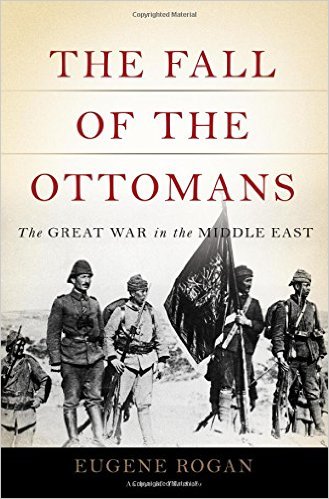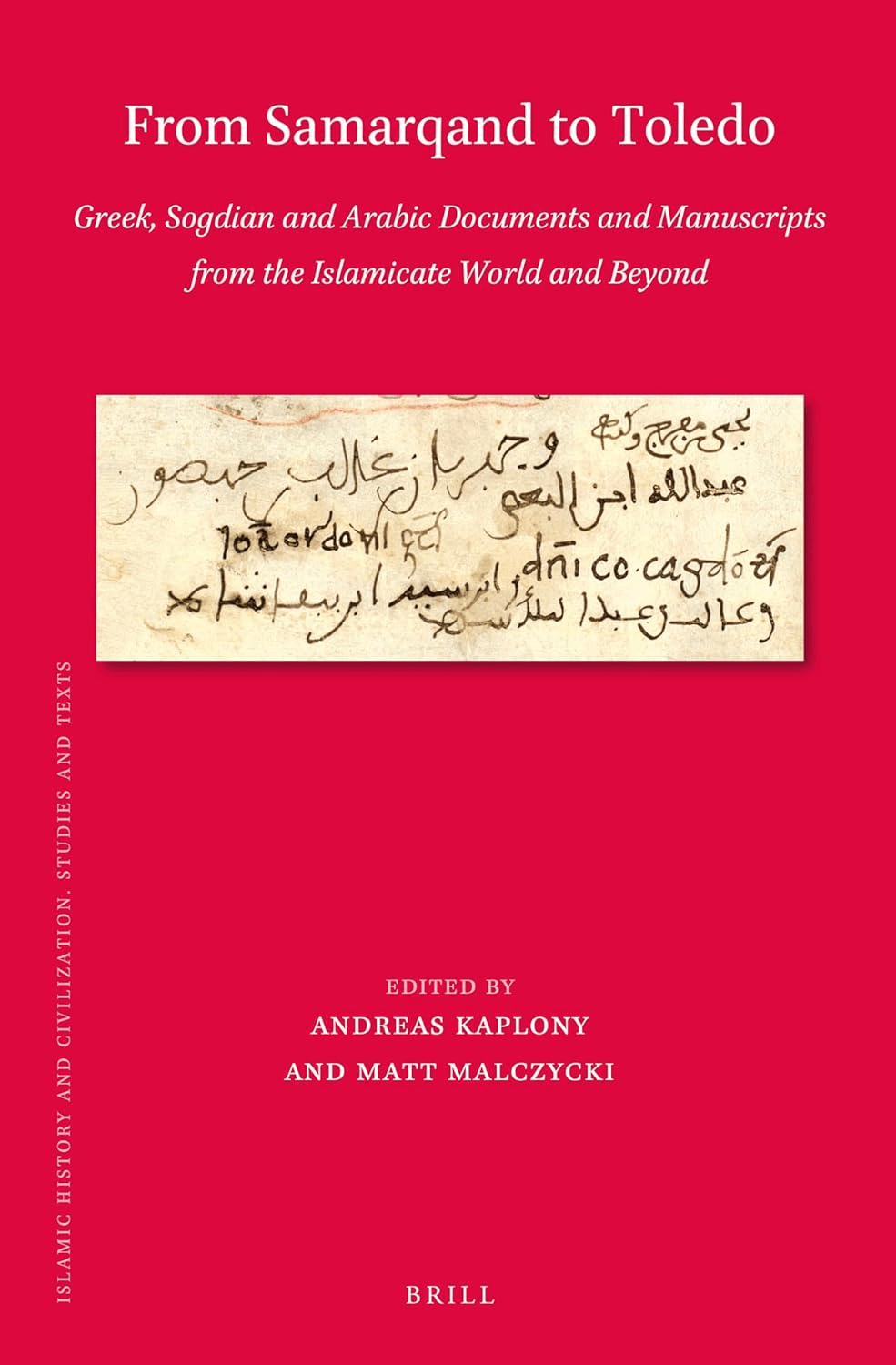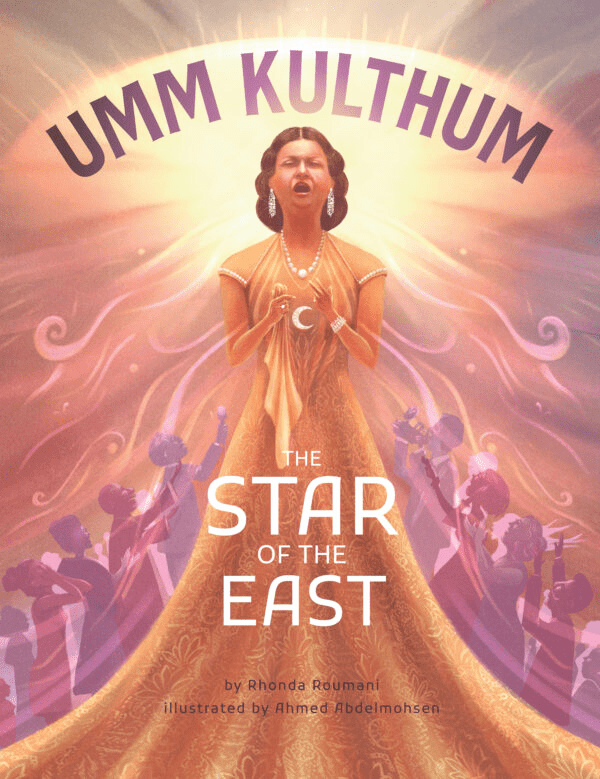
The Fall of the Ottomans: The Great War in the Middle East
Tom Verde
Eugene Rogan
2015, Basic Books, 978-0-46505-669-9, $32 hb.
World War I not only left Europe reeling, but Ottoman involvement in the conflict forever changed the Middle East. “Virtually no part of [the region]” remained untouched, while “the majority of [Middle Eastern] countries that emerged into statehood following the end of the war … did so as a direct consequence of the fall of the Ottoman Empire,” writes Eugene Rogan in his history of the empire’s decline. Although not the first to make these observations, Rogan, a Middle East scholar at Oxford University, freshens the investigation by examining the lives of Turkish and Arab soldiers engaged in the war (in which one of his ancestors fell at Gallipoli). He also argues that “… much of the Allied war effort in the Middle East was driven by what proved to be an unwarranted fear of jihad”—an apprehension that the West has yet “to shake-off.” This is a valuable book for those trying to comprehend the region’s modern, troubled geopolitics.
You may also be interested in...

Old Documents Shed New Light on History in Book Connected to Ancient Islamic World
The painstaking work to recover history—one page at a time—is on brilliant display in this collection of essays focusing on early Arabic, Coptic, Greek, Hebrew, Latin and Sogdian manuscripts.
Children’s Book Documents Rise of Umm Kulthum, Egypt’s Star of the East, As Declaration of National Identity
Illustrator Rhonda Roumani presents an illustrative biography of legendary Egyptian singer and cultural icon Umm Kulthum.